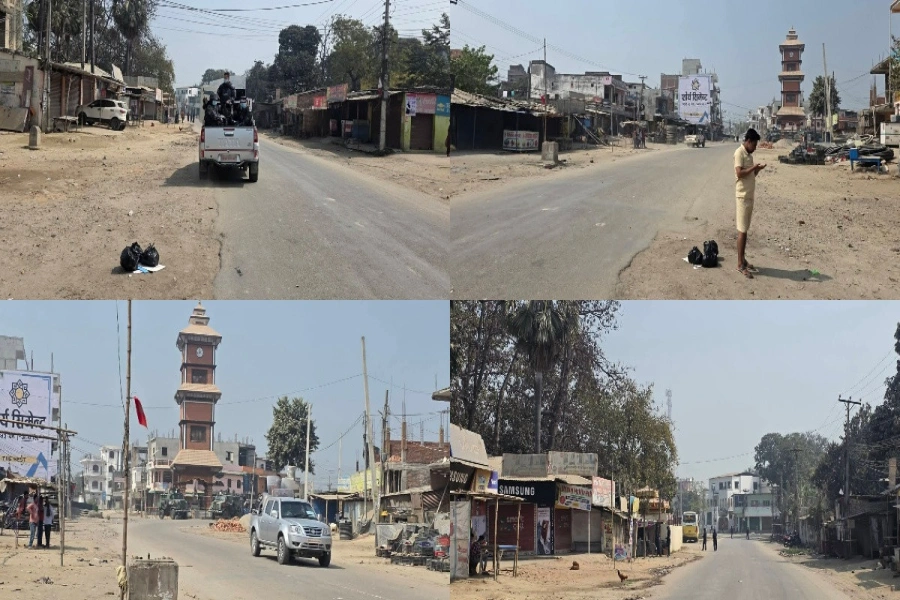An unidentified foreign national visiting Nepal in June 2023 was the first case of Mpox, previously known as Monkeypox. Mpox is a viral illness caused by the monkeypox virus, a species of the genus Orthopoxvirus, which can cause diseases in both humans and animals. The second and third cases of Mpox were detected on December 20 and 24, 2024, respectively. While the second case was a 36-year-old man, the third was a 44-year-old. Both had returned from Saudi Arabia. It is learned that all three cases were detected when the patients reported their symptoms to health authorities after entering Nepal. According to the World Health Organization (WHO), Mpox was first detected in 1958 in laboratory monkeys shipped from Singapore to Denmark for research purposes. The first reported human case was a nine-month-old boy in the Democratic Republic of Congo in 1970. Mpox steadily emerged in Central, East, and West African countries following the eradication of smallpox in 1980. The United States of America witnessed an outbreak of Mpox in 2003, linked to imported wild animals. Since 2005, thousands of cases have been reported annually in Congo. Mpox re-emerged in Nigeria in 2017 and continues to spread between people across the country and among travelers to other destinations. Suspected and confirmed cases were reported in different countries in 2021 and 2022. In May 2022, an outbreak of Mpox appeared suddenly and rapidly spread across Europe, the Americas, and all six WHO regions. The global outbreak has primarily affected gay, bisexual, and other men who have sex with men and has spread person-to-person through sexual networks.
The WHO declared the Mpox outbreak a public health emergency of international concern on August 14, 2024. Although the three cases reported in Nepal seem relatively few and far between, what is quite worrying is the fact that Nepali authorities are struggling to implement measures to detect Mpox, let alone control its spread. A front-page news story in this daily quoted a spokesperson for the Ministry of Health and Population (MoHP) as saying that government authorities have no concrete method to screen individuals returning from countries with higher cases of Mpox. The irony of the situation is stark: Mpox is a WHO-declared public health emergency of international concern, cases are being detected one after another in Nepal, and the government remains helpless because there is no concrete method to screen individuals returning home from high-infection countries. While methods such as PCR tests, optical biosensors, and disposable colloidal gold strip tests are recognized globally as testing methods, the government has not procured this equipment to screen for Mpox. According to the spokesperson, the only other way to screen for Mpox is to check individuals’ genitals for warts specific to the virus.
Health ministry ‘ill-equipped’ to detect Mpox infection

For now, God help Nepal. The Health Ministry has pinned its hopes on preventive measures from the general public to control potential Mpox infections. This means individuals need to voluntarily undergo quarantine if they are returning from high-infection countries. Returnees from such countries are advised to stay under quarantine for three weeks, and their family and friends are encouraged to distance themselves from these individuals. The ministry has also advised foreign-returnees to distance themselves and abstain from sexual interactions for a couple of weeks. The reason: Mpox spreads from person to person through contact with sores, rashes, or bodily fluids such as saliva, mucus, or pus from an infected person or animal. Mpox can also spread through direct contact with contaminated surfaces or materials, such as bedding and clothing, or through contact with infected animals like monkeys, rodents, and squirrels.




































